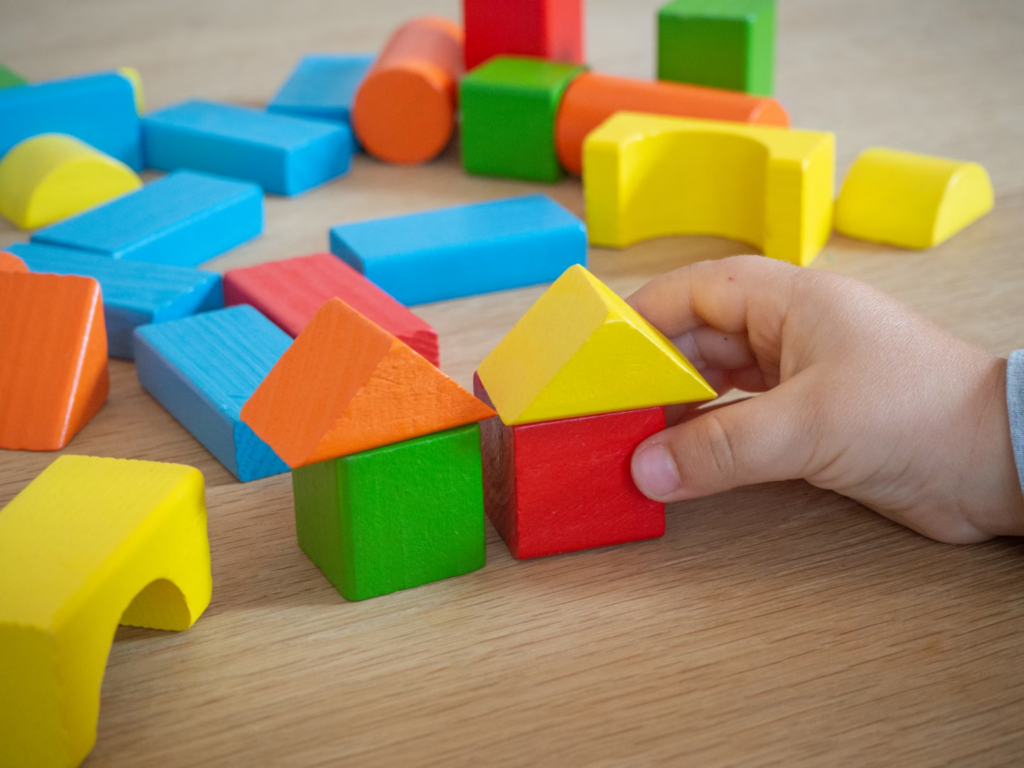Have you ever heard of gamification in HR? If this term is new to you, keep reading to find out more about it.
Nowadays, companies are constantly on the lookout for innovative ways to engage their employees, increase productivity, and foster a positive work environment. Within this context, one of the most exciting tools to emerge in this area has been gamification in business.
These strategies, which consist of the use of recreational tools, can be implemented in multiple areas of the business environment, with the aim of optimising processes, improving the working environment, and increasing productivity.
In this way, HR departments can benefit from the use of gamification to enhance recruitment processes, improve training, and improve relations between the company and its employees.

What is gamification in HR?
Gamification refers to the use of game mechanics, in non-game contexts, to encourage the development of specific behaviours. In this way, gamification in HR involves the introduction of game elements, such as competition, challenges, and rewards, in activities such as training, recruitment, performance review, and the promotion of employee engagement.
Therefore, gamification in HR can be implemented to achieve different objectives, such as increasing employee motivation, fostering positive company culture, modifying behaviour, and increasing productivity, among others. This is because, according to different research, gamification represents a way to transform learning and foster creativity and innovation in the business context.
Benefits of gamification in HR
Gamification in HR appears as an alternative to traditional methodologies, presenting a different way of offering information and developing training, facilitating the acquisition of knowledge. In this way, using this strategy offers multiple benefits for companies, such as:
- Increases work motivation: By introducing game-based techniques, it makes it easier for people to relax and approach tasks with a greater willingness to learn. As a result, gamification in HR results in employees feeling more motivated to participate in activities that might otherwise seem monotonous or boring.
- Skills development: Games and challenges facilitate the retention of new knowledge, so these HR gamification strategies can help employees develop and improve job-relevant skills, whether through problem-solving, decision-making, or collaboration.
- Increases employee engagement: Gamification encourages greater employee participation by making tasks more engaging and challenging. This in turn translates into increased talent retention in companies, and the formation of a positive work climate.
- Immediate feedback: Gamification systems often provide instant feedback, allowing employees to quickly understand their progress and areas for improvement.
- Builds a collaborative environment: HR gamification can foster collaboration among co-workers by promoting friendly competition and teamwork to achieve common goals, which can boost labour productivity.

Join the global leading solution in mental well-being
Examples of gamification in HR
As we have observed, gamification within companies is a strategy that can be applied to multiple areas or tasks. Therefore, here are several examples of how to specifically implement gamification in HR.
- Facilitating recruitment: Candidate interviews can be complemented with fun tests or challenges in which candidates must demonstrate skills specific to the job they are applying for.
- Improving training: Theoretical training for employees is gradually becoming obsolete. By using gamification elements, such as points, levels, and medals, companies can make the training process more interactive and engaging for employees.
- Engage team members in activities: They can expand their knowledge while having fun, ensuring greater attention is paid to the information, increasing engagement with the activity.
- Improving performance appraisal processes: Instead of traditional performance appraisals, companies can opt for more interactive and playful approaches that motivate employees to constantly improve.
- Developing recognition programmes: By implementing achievement-based reward programmes, companies can recognise and reward good employee performance in a fun and motivating way.

Unlock your team’s potential
At ifeel, we know that gamification in HR offers a variety of benefits that can help companies improve employee engagement, increase productivity, and foster a positive and collaborative work environment.
To help you in this process, our team of expert workplace well-being psychologists has created a mental well-being solution for companies, which improves talent retention, reduces presenteeism and combats employee stress. We also developed this strategy for HR managers to help you unlock your potential as a leader.
With our mental well-being solution, your HR managers can receive personalised, data-driven advice on how to improve mental health at work. In addition, the solution offers employees a 360° mental wellbeing service structured at different levels according to their needs. Try our solution now to see how it could help you.
We hope you found this article about gamification in HR interesting. If you would like more information about our mental well-being solution for companies, simply request it, and we will contact your team as soon as possible.








